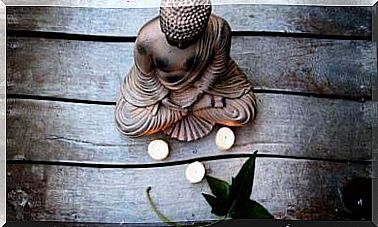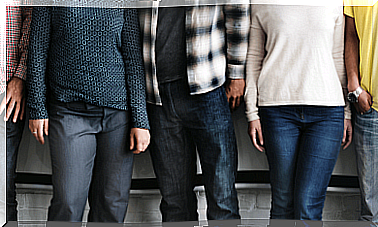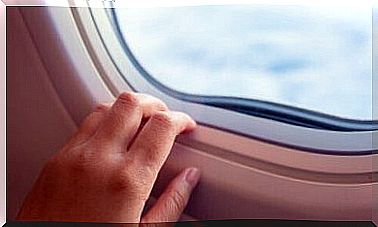The Happiest Man In The World: Matthieu Ricard
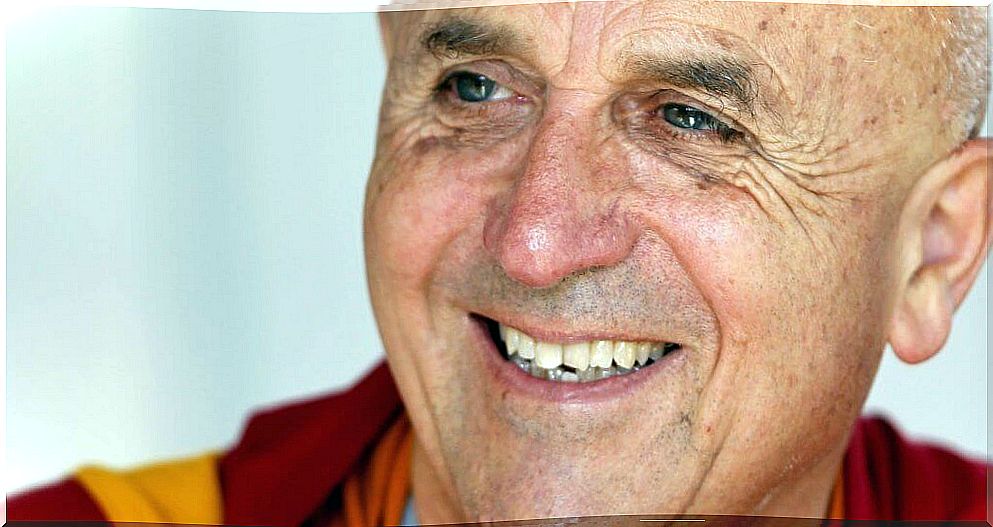
Matthieu Ricard is a Tibetan Buddhist monk who has been involved in studying and developing the effects of mental training on the brain at the Universities of Madison-Wisconsin, Princeton, and Berkeley. Scientists have stated that Matthieu is the happiest man in the world (or at least the happiest of all who participated in the study), after analyzing his brain activity in a 12-year study.
In this research they studied his brain functioning with different techniques and tools, some as modern as nuclear magnetic resonance (NMR). Through these procedures, a high level of activity in the left prefrontal cortex was recorded, associated with positive emotions.
This study, published in 2004 by the National Academy of Sciences (United States of America), produced results such as to constitute the fifth most consulted scientific reference in history.
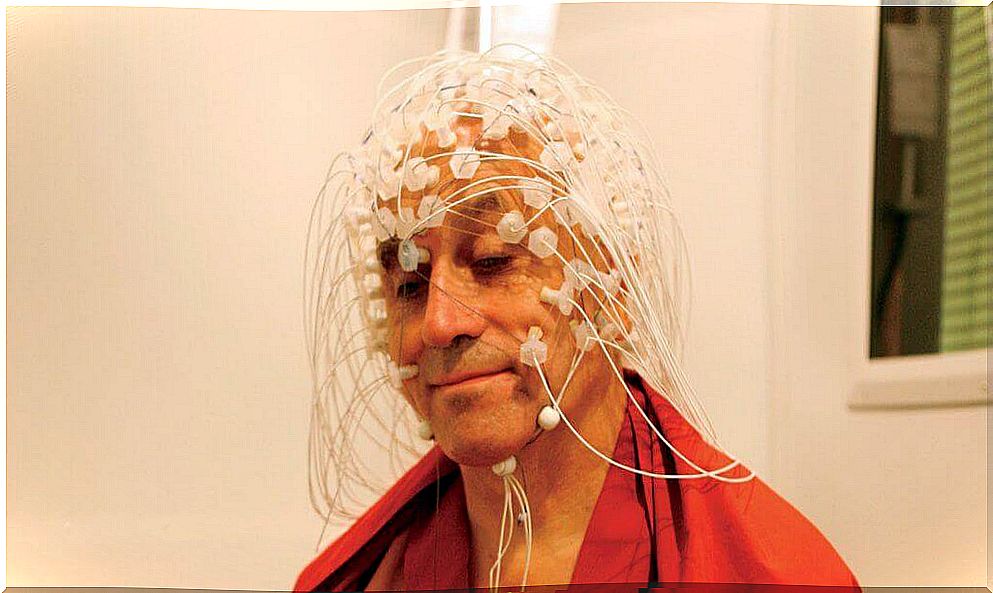
What ails the happiest man in the world
Confrontation is the killer of happiness
According to the happiest man in the world, the key factor that seems to kill happiness is the habit of comparing ourselves with others. In this sense, the monk also revealed that he disagrees with the “title” he was given – the happiest man in the world – as he considers it “absurd”.
In this way , neuroscience has revealed what makes the happiest man in the world “unhappy”: comparing himself with others. In his opinion, when we compare ourselves to others, we actually only see a part of their life. In general, when we make the comparison, we focus only on the most successful or prominent part of other people, without taking into account that there is a less enviable part.
When we see someone who has been successful, we tend to think that they have been lucky and have found the favorable situation to be able to excel. We rarely see the process and the sacrifices made: we only see the result. We don’t look behind the scenes and we don’t attend rehearsals, we just enjoy the show. Making the comparison, therefore, we are left with a feeling of inferiority that causes us dissatisfaction.
Happiness comes with the years
According to a study conducted by Andrew Oswald, Professor of Economics and Behavioral Sciences at the University of Warwick in the United Kingdom, during which more than 500,000 people distributed between America and Europe were evaluated, happiness comes with the years. The research in which the team of scientists of the University of Wisconsin has identified the happiest man in the world has developed along this same line.
Although the first years of adulthood are accompanied by optimism and joy, little by little things get complicated until reaching the crisis that is reached around the age of 40. According to studies from the most serious institutes around the world, such as America’s General Social Survey, while the most unhappy people are in the 40-50 age range, the happiest are in the 70s.
And that doesn’t have much to do with income or health. Layard had shown that by exceeding an annual income of $15,000 per capita (or the equivalent in purchasing power), the increase in a country’s GDP ceases to have an impact on the level of well-being. Americans, he said, are richer than the Danes (on average), but they aren’t happier.

In addition to the age variable, daily meditation contributes to happiness, or so science has shown. In the study of meditation and compassion at the University of Wisconsin it was shown that 20 minutes of meditation per day can be enough to increase our subjective well-being.
The scanners showed high activity in the brain’s left prefrontal cortex during meditation, compared to its right counterpart, which would allow for an abnormally large capacity for happiness and a reduced propensity for negativity.

